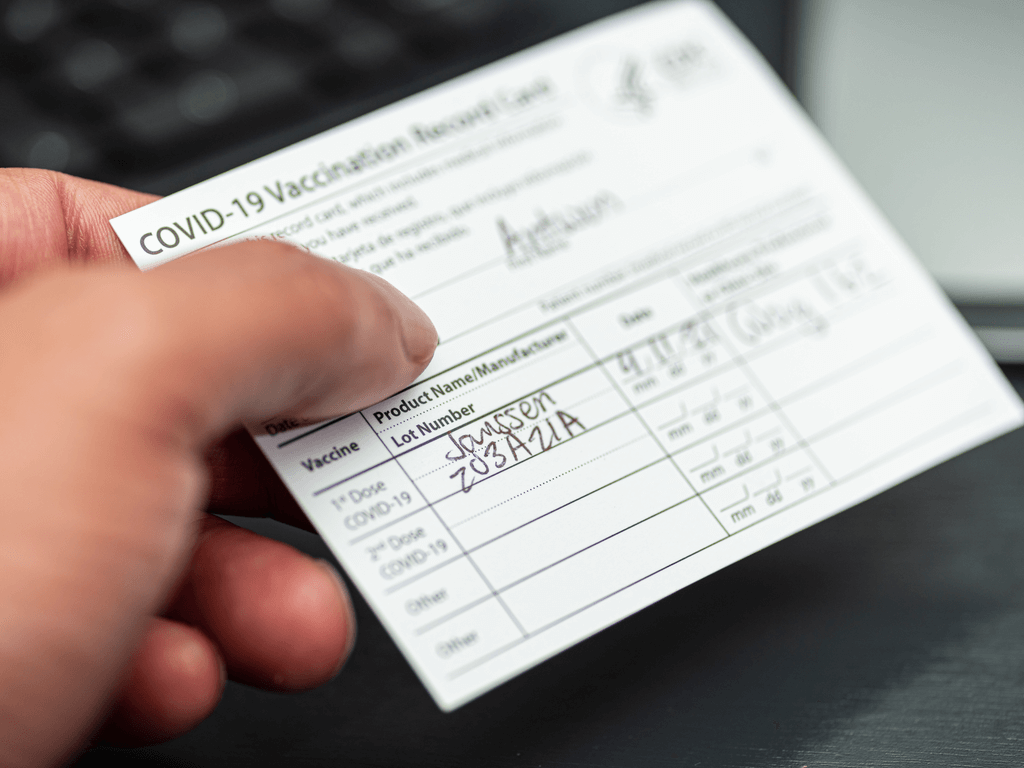Posted by Joshua R. Goodbaum in Employment Law
Jan 14 2022
In September 2021, President Biden announced what he called a “COVID-19 Action Plan” that included a number of so-called “mandates”: All employers with 100+ employees had to require their employees to get vaccinated or submit to weekly testing; all federal workers and federal contractors had to require their employees to get vaccinated; and all healthcare workers for employers that received funding through Medicare or Medicaid also had to get vaccinated. (We explained the mandates in more detail here.)
On January 13, 2022, two of those mandates met the U.S. Supreme Court. One survived, and one didn’t. As has been widely reported, the Court (by a 6-3 vote) determined that the mandate concerning large employers exceeded the statutory authority that Congress had given to the Occupational Safety and Health Administration (or OSHA), the federal agency that issued the mandate. Essentially, the Court decided, the Occupational Safety and Health Act did not authorize OSHA to issue this kind of order. Separately, the Court (by a 5-4 vote) ruled that the mandate concerning healthcare workers was a permissible exercise of the authority Congress vested in the Secretary of Health and Human Services, who is ultimately in charge of Medicare and Medicaid.
What do these Supreme Court decisions mean for Connecticut employees? They mean that the federal government cannot force all large Connecticut employers to require their workers to be vaccinated or submit to weekly testing, but that the federal government can force most Connecticut employers in the healthcare industry (including almost every large healthcare employer, like hospitals) to require their workers to be vaccinated or lose their jobs.
What do these Supreme Court decisions not mean for Connecticut employees? They do not mean that it is illegal for your employer to require you to be vaccinated and/or to submit to regular testing. The Supreme Court did not say that employer vaccine mandates are against the law. As we have previously explained, Connecticut employers for the most part legally can require their employees to take precautions against COVID-19, including getting vaccinated, testing, and/or wearing masks or other PPE. Federal and Connecticut law does require exemptions from those requirements, but only as necessary to reasonably accommodate an employee’s disability, religious beliefs, or pregnancy.
Posted by Joshua R. Goodbaum in Employment Law
Tagged COVID-19, Joshua Goodbaum









